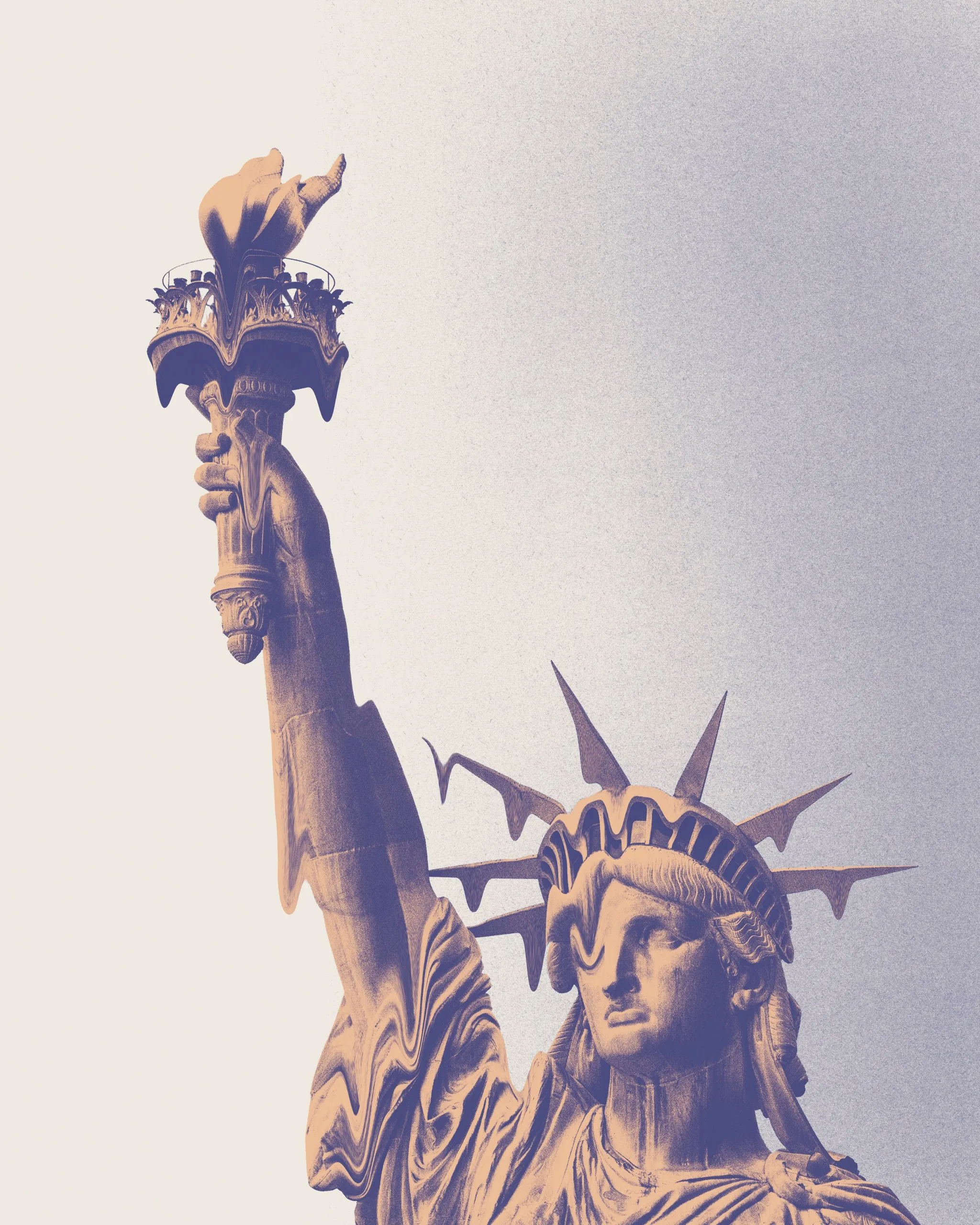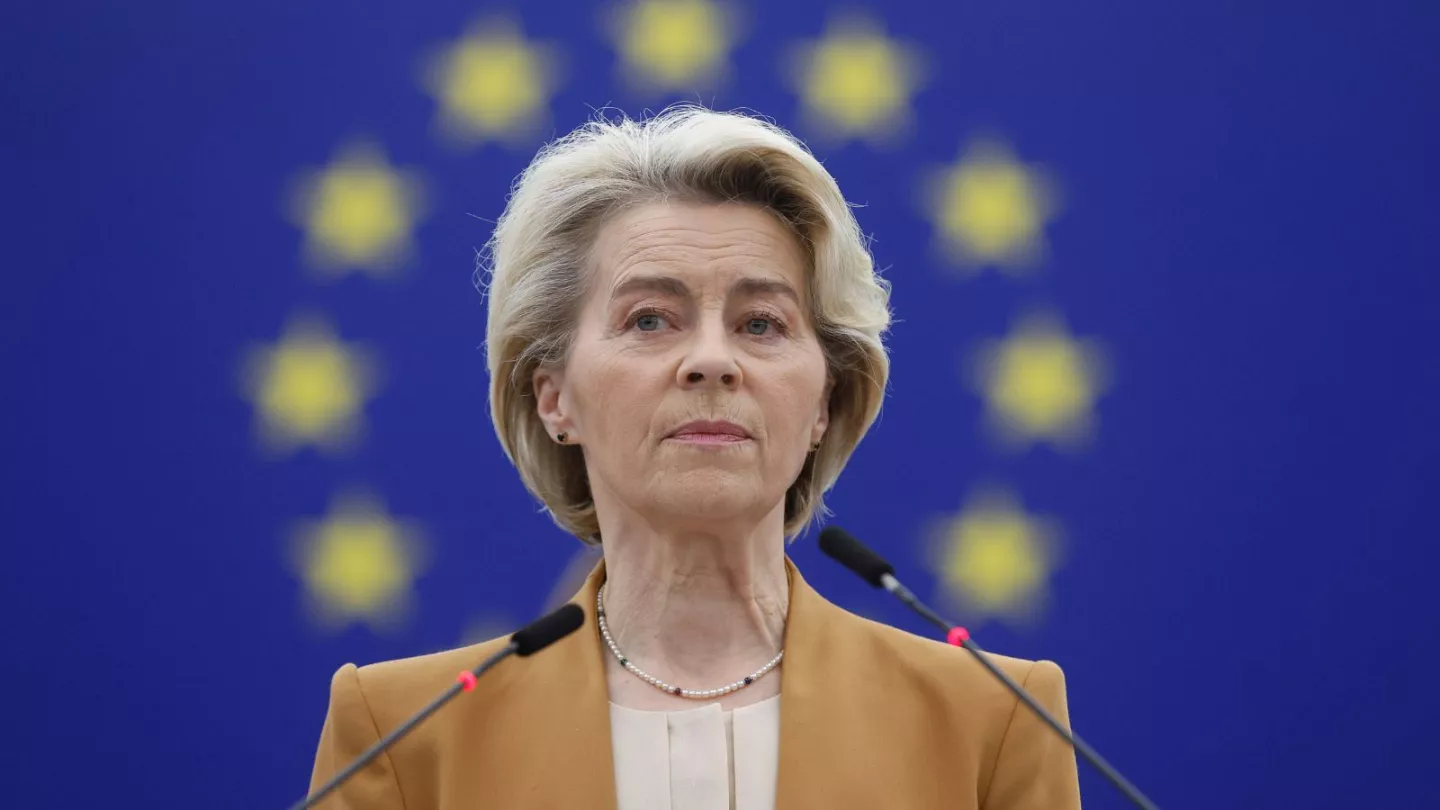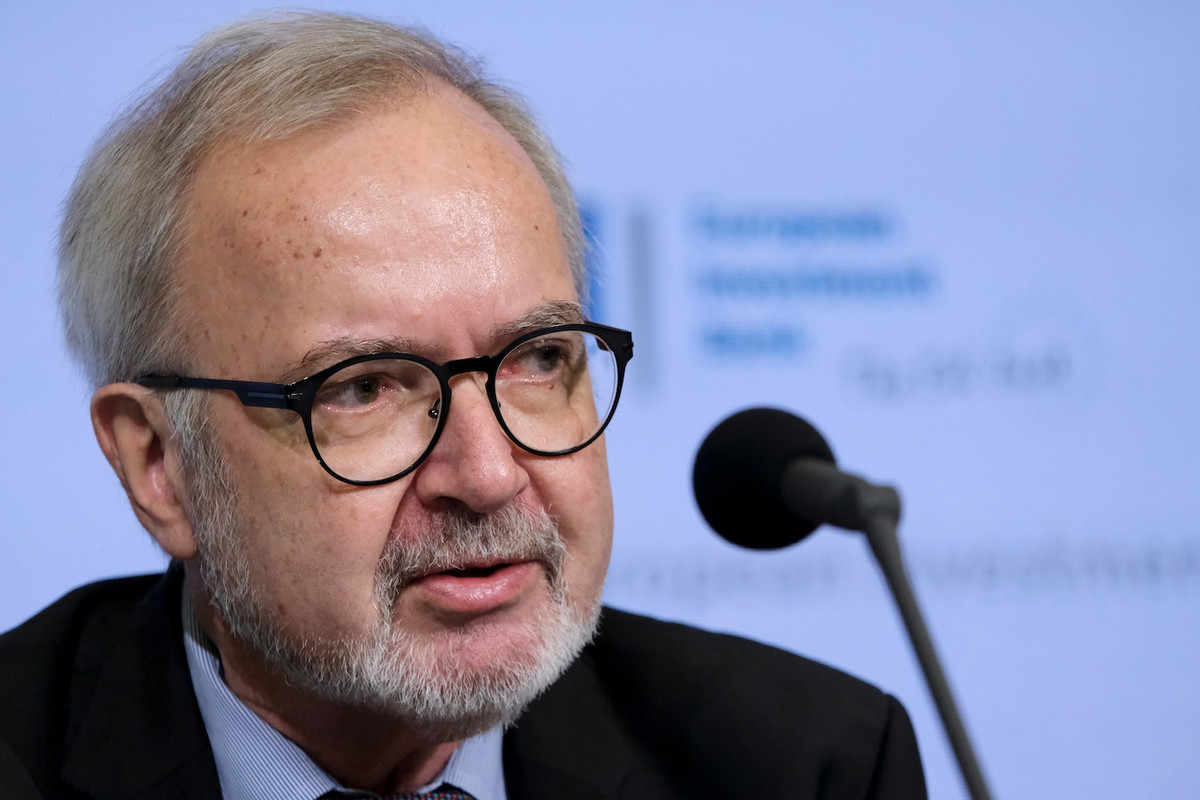It's time to face the truth, like grown ups: liberal democracy - as we know it - is dead. The resurgence of authoritarianism and illiberal political movements does not express the weaknesses of the current democratic system, but proves its death. Metaphorically speaking, they are like worms and flies feeding on a corpse: their very presence shows that we are looking at a corpse.
But please note: liberal democracy is not dead, only the form of it that we know and that still functioned until relatively recently. Like capitalism, the other fundamental formula of modernity, liberal democracy has proved extremely resilient, able to reinvent itself with each major transformation of society.
Nineteenth-century liberal democracy produced the parliamentary system, but in societies still based on privilege. After the First World War, democracy became more inclusive, with universal suffrage becoming the norm. After the Second World War, to the group of civil and political rights a new group of economic and social rights is added, and this presupposes, in addition to parliamentarianism and universal suffrage, public mechanisms for negotiation between the various relevant social groups. Gradually, transnational cooperation formulas (leading to the emergence of new political actors, with nation states beginning to have limited sovereignty) and the bringing to the fore of cultural rights (mainly centred on individual and group identities) are added to these features.
The latter has been the formula of liberal democracy we have known since about 1980: a parliamentary democracy with universal suffrage, with public mechanisms for negotiation between relevant social groups, with citizens endowed with civil, political, social, economic and cultural/identity rights - all within states with limited sovereignty.
When we speak of "limited sovereignty" we should not have in mind only the Member States of the European Union. Today absolutely all states are part of a plethora of international and transnational bodies and organisations that impose rules and standards that, in one form or another, must be respected by all Member States. So today the sovereignty of each state is in reality limited.
The strong doctrine of national sovereignty as it was developed in the 17th-19th centuries can only be applied today if a state decides to withdraw from absolutely all the international and/or transnational organisations to which it belongs. But for any state, such a total withdrawal would be catastrophic. The world today is much more interconnected than it was two or three centuries ago, so any attempt at autarchism would automatically remove a state from the flow of global development, with dramatic consequences for its inhabitants.
Several elements have led to the crisis - or, better said, the demise - of this formula of liberal democracy.
Firstly, limited sovereignty means, in the case of those states that are also democracies, that the sovereignty of citizens in relation to their state becomes limited itself. Whichever party you vote for, once in government it will also have to implement a series of policies that result from the state's international commitments, not from the will of the people.
On the one hand, this means partially replacing politics with technocracy. Part of a government's policies still comes from the democratic political game as we know it. Politicians still want to represent the electorate, and therefore to adopt policies derived directly from the will of the electorate. Another part of these policies, however, are created and imposed by the technocrats from the international organisations of which that state is a member.
On the other hand, this kind of technocracy superimposed on politics partly renders the very idea of voting meaningless. If, no matter which party you vote for, some of the policies will be the same, because they are imposed by supranational technocrats, this means that choosing between party A and party B is after all a purely formal choice, which in reality changes nothing (at least on some dimensions). The free vote, a central element of any liberal democracy, is practically losing its substance, at least in part, even if governments still hold free elections.
All this is deeply disturbing for any democratic spirit. But it flows directly from the fact that contemporary states are all and inevitably states of limited sovereignty - which implies, in the case of democratic states, that the sovereignty of citizens over their governments becomes itself limited. In other words, in democratic states with limited sovereignty, citizens lose some of their political power. A Belgian or American citizen in 1921, for example, would have more political power than a Belgian or American citizen in 2021.
Under these circumstances, the idea that regaining full sovereignty - what we today call "sovereignism" - can be a solution to regaining full political power for the citizens of a democratic state may become attractive to some - hence the resurgence of sovereignism, from Brexit to Trump.










Trackbacks and Pingbacks